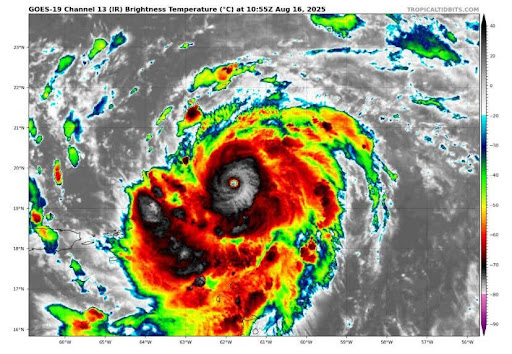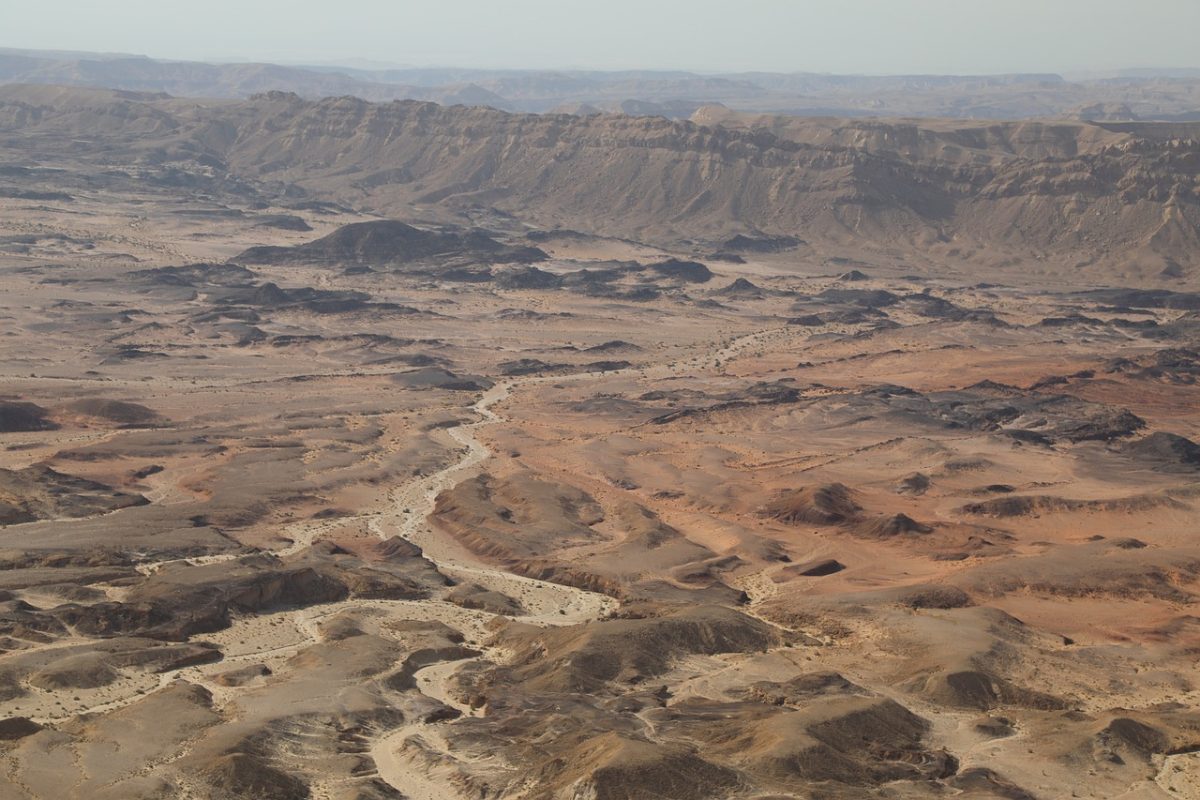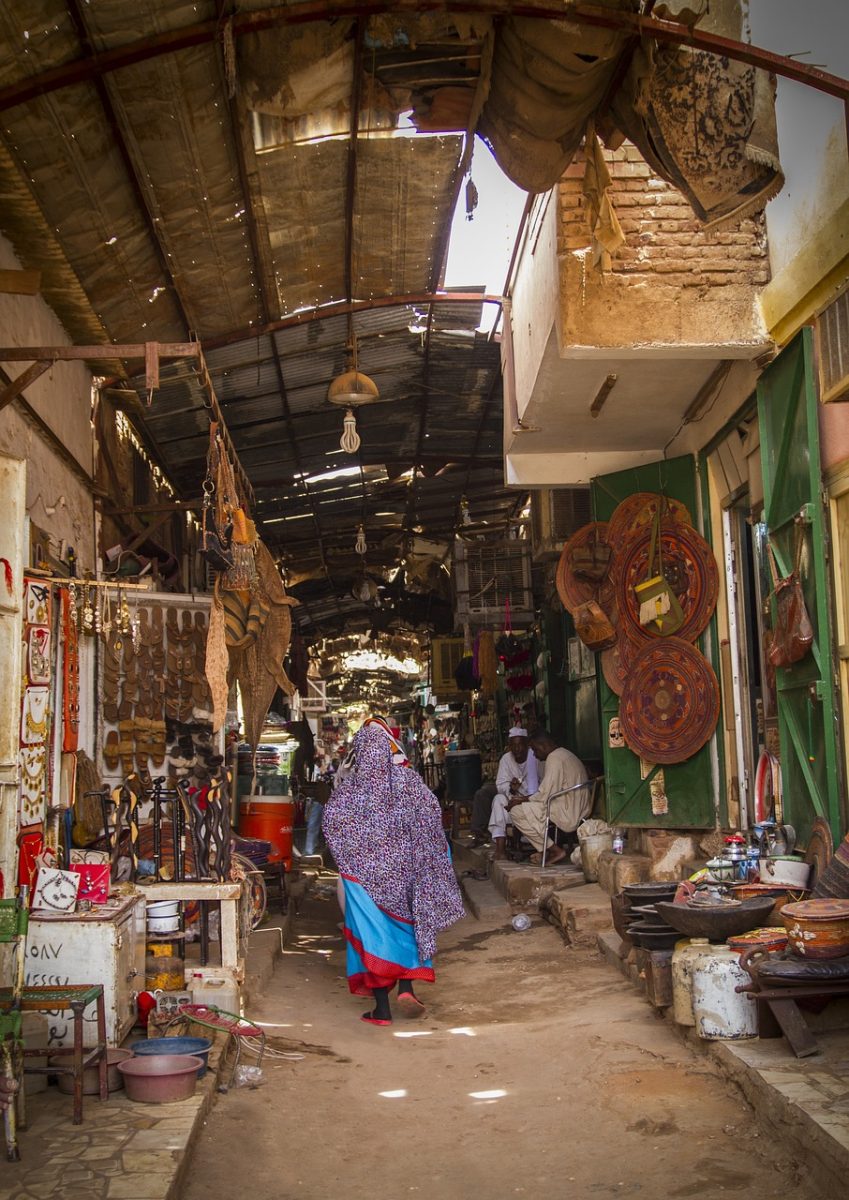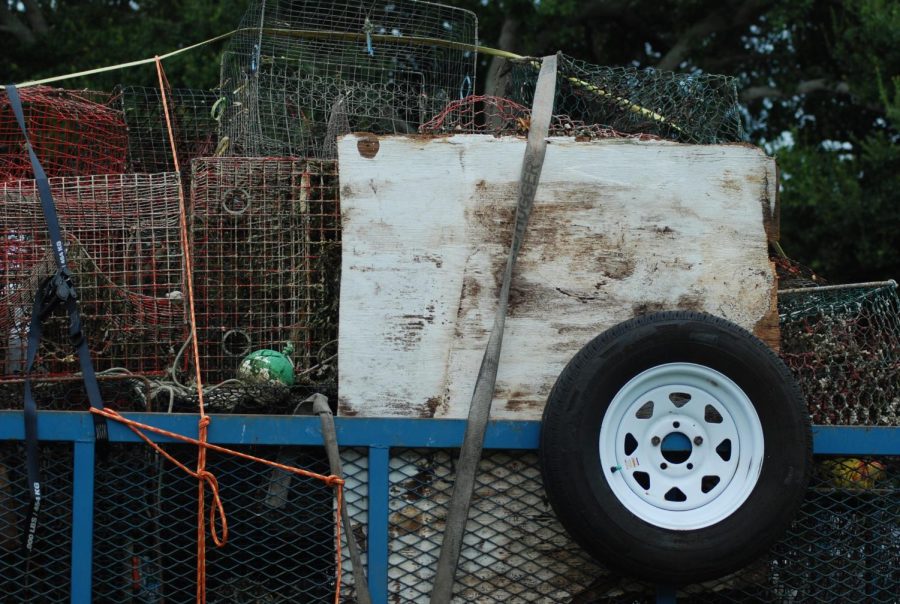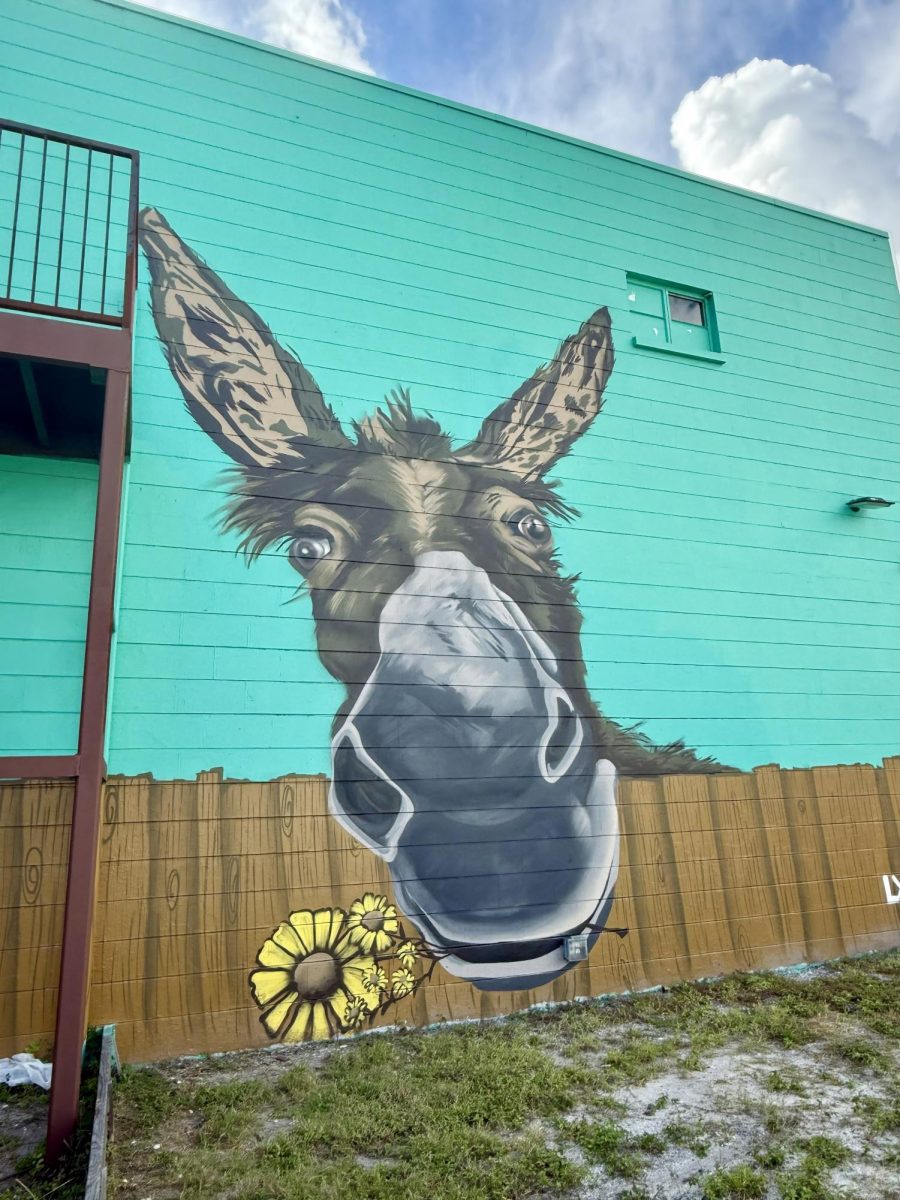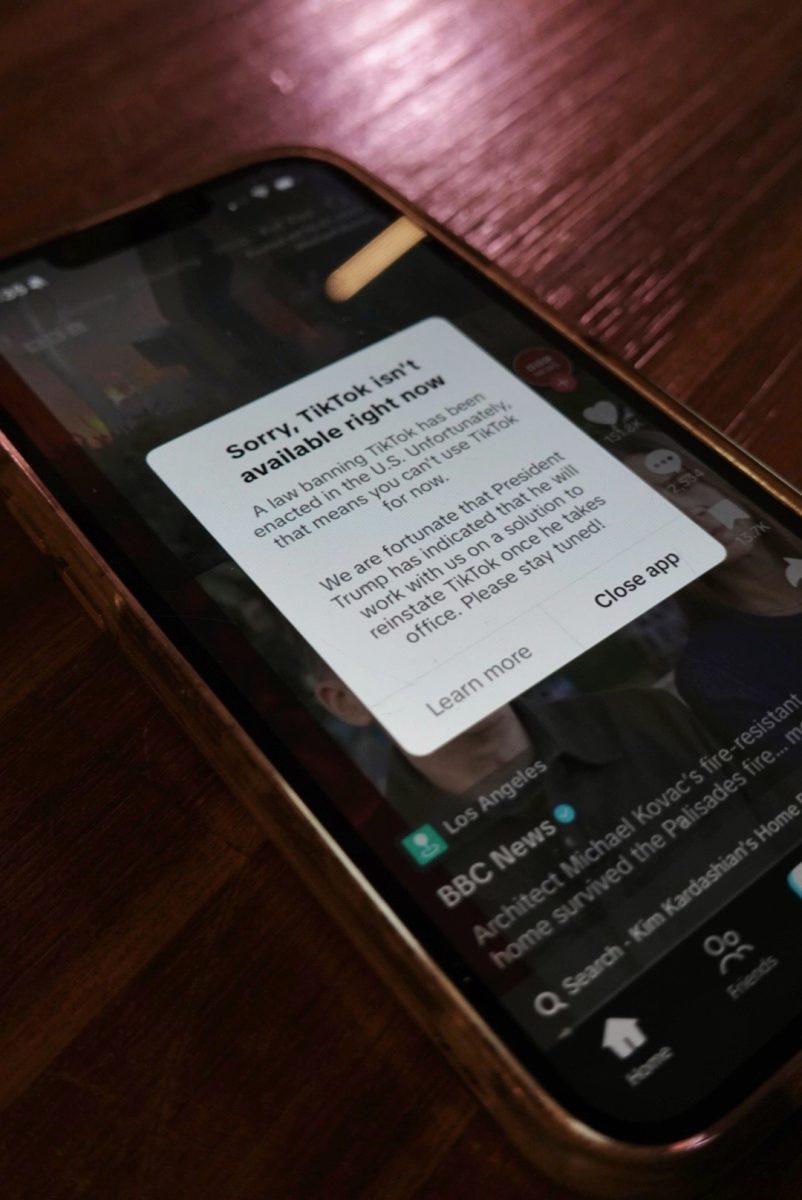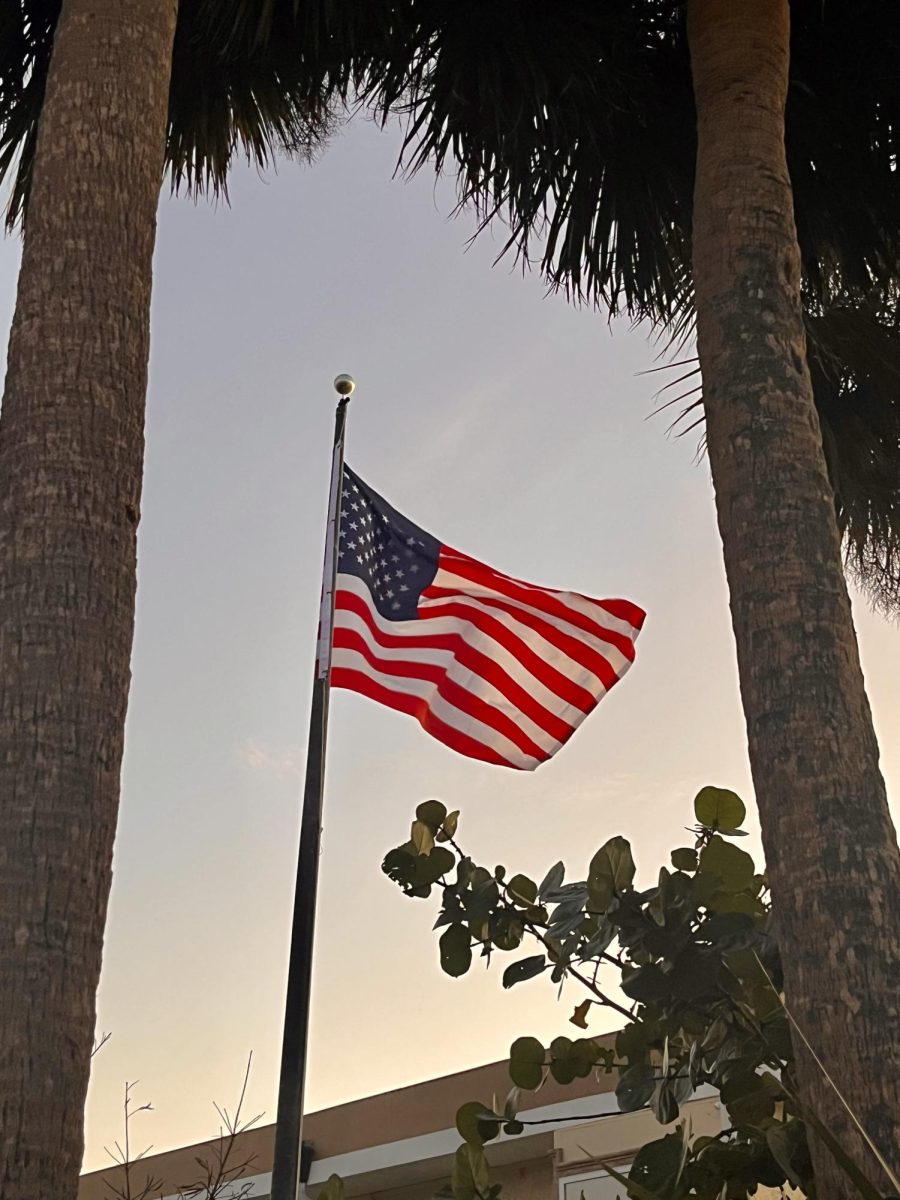Do you remember the Evergiven fiasco in 2021? Some bozo got a ship stuck in a canal and lost the global economy 6.7 million dollars a minute for six days. It’s happening again.
If the lungs of the world are trade, the Suez Canal is the windpipe. Everything goes through it – food, toys, cows, oil, that gaming nexus your mother promised for Christmas that still hasn’t arrived two months later. When something needs to get from Europe to Asia, as a whole lot of things do, you can either cut across the Indian Ocean, bend around the whole continent of Africa, and go back up the whole length of the Atlantic, or you can slip under Europe, go through the Suez, travel down the Red Sea and bob back up to wherever you need to go. The former takes 34 days, the latter 25. In the world of trade, that’s everything.
That’s where the Houthis come in. They’re a powerful group in Yemen, right next to the Red Sea. To go through the Suez, ships must pass through the Red Sea and, in turn, the Houthis. The Houthis are using this position to wedge into global trade like a Thanksgiving chicken bone lodged in the throat. So what do they want?
To be more specific, the Houthis are a particularly strong player in the ongoing Yemeni Civil War. Since 2014, the Middle Eastern country of Yemen has been stuck in what the UN calls “the largest humanitarian crisis in the world.” It’s bad. As a very brief introduction, the biggest split in Islam is between the Sunnis and the Shias. Think of them as Catholics and Protestants, if that helps. Saudi Arabia and Iran, the two chess players in the Middle East, have used this divide to split the country of Yemen into the PLC, the internationally-backed, Sunni, Saudi-Arabia side, and the Houthis, the rebel, Shia, and Iranian side. Neither big country particularly cares about winning, just making sure the other guy can’t, and so the war has gone on forever and ever and ever.
The PLC, no doubt, has its own proud history of crimes against humanity, but that’s not the focus of this conversation — we’re asking about the Houthis. They’re a “friendly” bunch, allowing a minimum of 85,000 citizens to become slaves, 3,500 children to become soldiers, and legalizing spousal rape, among other things. Their flag and logo are just the lists of declarations: ‘God is the Greatest, Death To America, Death To Israel, Curse Upon The Jews, Victory To Islam.’ It’s, unfortunately, worth viewing them, despite all this, as an organization. They need just as much money, supplies, attention, and news coverage as, say, local coffee business Kahwa Coffee does, and so they’ll take every opportunity they can get to get some. After October 7th, when the terrorist group Hamas attacked a music festival in Israel, the Houthis saw an opportunity. By attacking ships passing through the canal, forcing the West to respond, and claiming it to be solidarity with Palestine due to the Israeli response to the attacks that put many civilians in their path of fire, they gained a large reputation boost in the circles where they get funding and get to become the standard-bearer for the movement.
The whole situation leaves the West in a bit of a pickle because… there isn’t a lot that can be done to stop them. The Houthis say all they ask is that Israel stops their occupation of Gaza, but even if that somehow happened, the Houthis would just mark it as an overwhelming success and, seeing that it miraculously worked, would just continue their blockade in a few months with new demands. We’re not going to invade Yemen in an election year when keeping a St-Pete-High’s worth of soldiers in Afghanistan to stop the Taliban was too much for the American electorate to handle. We can’t just ignore them – again, the Red Sea is crucial for anything being traded globally, which is everything. Ultimately, the United States decided upon airstrikes against Houthi military facilities, but that’s not going to do much. Almost everything that’s bombable has already been bombed — the civil war’s been going on since 2014. When questioned by reporters, Biden admitted: “Are the strikes stopping the Houthis? No. Are they going to continue? Yes.”



